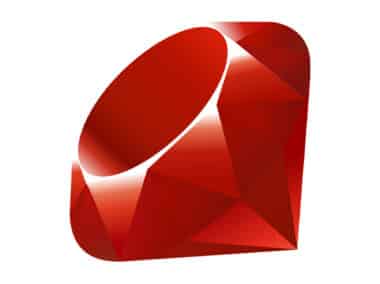Operators in GO programming language are essentially symbols or keywords that perform various operations on variables and constants. There are three types of operators in GO programming language, namely, arithmetic operators, logical operators, and relational operators.
Arithmetic Operators
Arithmetic operators are used to perform arithmetic operations such as addition, subtraction, multiplication, division, and modulus on variables and constants. The addition operator (+) adds two operands, the subtraction operator (-) subtracts one operand from another, the multiplication operator (*) multiplies two operands, the division operator (/) divides one operand by another, and the modulus operator (%) returns the remainder of a division operation. Additionally, the increment operator (++) increases the value of an operand by one, while the decrement operator (–) decreases the value of an operand by one.
Logical Operators
Logical operators are used to perform logical operations such as AND, OR, and NOT on variables and constants. The logical AND operator (&&) returns true if both operands are true, the logical OR operator (||) returns true if at least one of the operands is true, and the logical NOT operator (!) returns true if the operand is false and false if the operand is true. These operators are typically used to test multiple conditions at once.
Relational Operators
Relational operators are used to compare two operands and determine the relationship between them. The following are the relational operators in GO programming language: equal to (==), not equal to (!=), greater than (>), less than (<), greater than or equal to (>=), and less than or equal to (<=). These operators are used extensively in GO programming language and are essential for performing various operations on data. It is important to understand these operators thoroughly to write efficient and correct GO programs.
Overall, operators play a critical role in programming languages like GO, as they facilitate the manipulation of data types and the execution of complex instructions. A solid understanding of arithmetic, logical, and relational operators is fundamental to writing efficient and effective GO code.



